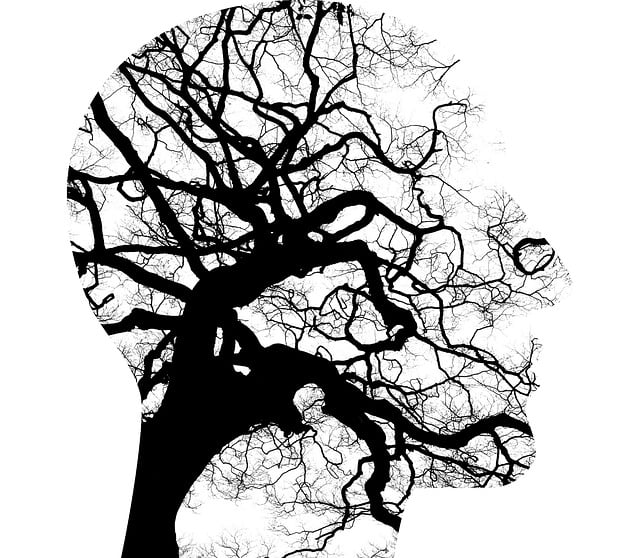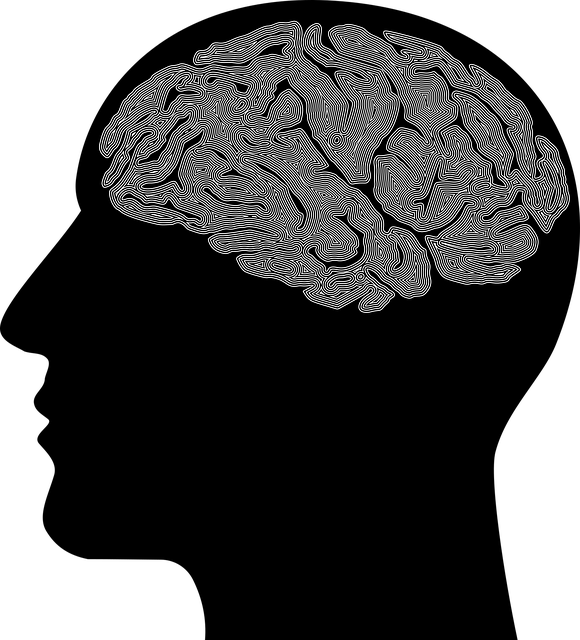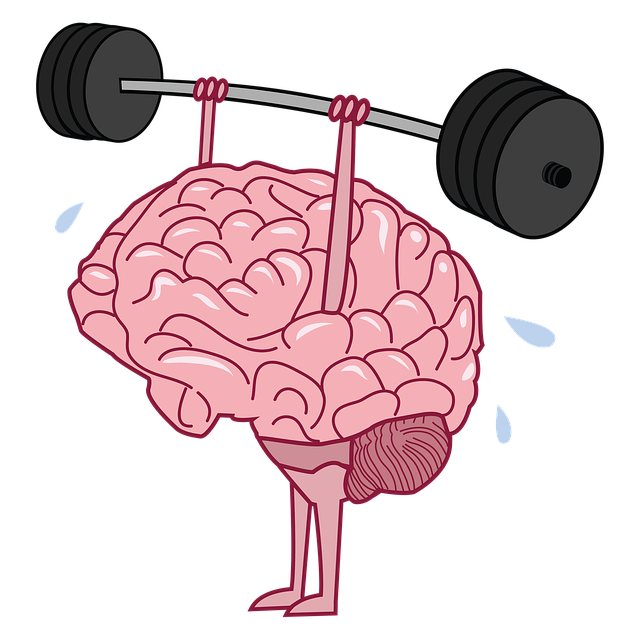Substance abuse is a complex issue driven by stress, trauma, or mental health problems. Lakewood EMDR Certified Therapy offers a comprehensive solution integrating mindfulness meditation, inner strength development, and cognitive-behavioral therapy to address underlying trauma, manage cravings, and improve decision-making. They emphasize communication strategies for stronger relationships and provide personalized risk assessments. Healthy lifestyle habits, stress management tools, and community support networks like Lakewood EMDR Certified Therapy are crucial deterrents for substance abuse recovery and well-being.
Substance abuse poses significant risks to individuals and communities, underscoring the urgent need for effective risk reduction strategies. This article explores comprehensive approaches to tackling this complex issue. We delve into the intricacies of understanding substance abuse, its underlying causes, and the potential hazards. Key strategies include Lakewood EMDR Certified Therapy, known for its efficacy in processing traumatic memories and reducing reliance on substances. Additionally, we highlight lifestyle changes, community support networks, and accessible resources crucial for long-term recovery and mitigating future risks.
- Understanding Substance Abuse and Its Risks
- The Role of Lakewood EMDR Certified Therapy in Risk Reduction
- Lifestyle Changes for Minimizing Substance-Related Hazards
- Community Support Networks and Resources for Long-Term Recovery
Understanding Substance Abuse and Its Risks

Substance abuse is a complex issue that can have severe consequences on an individual’s health, relationships, and overall well-being. It refers to the harmful use of drugs or alcohol, leading to dependence and impacting daily functioning. This behavior often stems from underlying factors such as stress, trauma, mental health disorders, or environmental influences. Understanding these risks is a crucial first step in developing effective prevention and treatment strategies.
Lakewood EMDR Certified Therapy offers a unique approach to addressing substance abuse by focusing on the interconnectedness of mental health and addiction. By combining evidence-based techniques like Mindfulness Meditation and Inner Strength Development, therapists help individuals gain control over their impulses, manage cravings, and improve decision-making skills. Additionally, Communication Strategies play a vital role in fostering healthier relationships and seeking support from loved ones, which is essential for long-term recovery.
The Role of Lakewood EMDR Certified Therapy in Risk Reduction

Lakewood EMDR Certified Therapy plays a pivotal role in risk reduction strategies for substance abuse by addressing underlying trauma that often contributes to addictive behaviors. This highly effective approach, as recognized by its certification, integrates eye movement desensitization and reprocessing (EMDR) techniques with cognitive-behavioral therapy to help individuals process traumatic memories and emotions. By doing so, it diminishes the power these past experiences hold over an individual’s present decisions and actions.
The therapy also equips clients with coping mechanisms for managing stress, anxiety, and depression—common triggers for substance abuse. Through comprehensive risk assessment tailored to each client’s unique needs, Lakewood EMDR Certified Therapy provides trauma support services that go beyond symptom relief. It empowers individuals to reclaim their lives, fostering resilience against both mental health challenges and the allure of substance abuse.
Lifestyle Changes for Minimizing Substance-Related Hazards

Adopting healthier lifestyle habits can significantly minimize substance-related risks and promote well-being. Regular exercise, a balanced diet, and sufficient sleep are essential pillars for reducing vulnerability to substance abuse. Physical activity releases endorphins that boost mood and reduce stress, naturally alleviating some of the reasons individuals may turn to substances. A nutritious diet supports brain health and overall function, making it harder for addictive substances to hold appeal. Furthermore, prioritizing sleep allows for better decision-making and emotional regulation, deterring impulsive substance use.
In addition to these foundational changes, mindfulness practices and stress management techniques, like those utilized in Lakewood EMDR Certified Therapy, can be powerful tools. Building confidence through personal achievements unrelated to substances and fostering empathy within communities can also deter abuse. Healthcare providers, in particular, should consider implementing burnout prevention strategies to maintain their own mental health, as empathy fatigue may contribute to unhealthy coping mechanisms.
Community Support Networks and Resources for Long-Term Recovery

Community Support Networks play a pivotal role in fostering long-term recovery for individuals battling substance abuse. These networks offer a safe haven and a strong foundation for those in recovery, providing them with a sense of belonging and purpose. Support groups, led by professionals or peers who have overcome similar challenges, are an integral part of these networks. Lakewood EMDR Certified Therapy, for instance, facilitates evidence-based practices that target the root causes of trauma, often a contributing factor to substance abuse.
In addition to therapy, community resources like mentorship programs, job training initiatives, and recreational activities help individuals rebuild their lives. These programs not only address the physical and emotional aspects of recovery but also promote Mental Health Awareness, emphasizing the importance of holistic healing. By integrating Social Skills Training and encouraging Positive Thinking, these networks empower individuals to maintain their sobriety and navigate life’s challenges with resilience and confidence.
Substance abuse poses significant risks, but with comprehensive strategies, these dangers can be mitigated. Combining Lakewood EMDR Certified Therapy with lifestyle adjustments, community support, and access to resources empowers individuals to take control of their recovery. By addressing the root causes and implementing long-term solutions, such as those outlined in this article, it’s possible to reduce substance-related hazards effectively.














